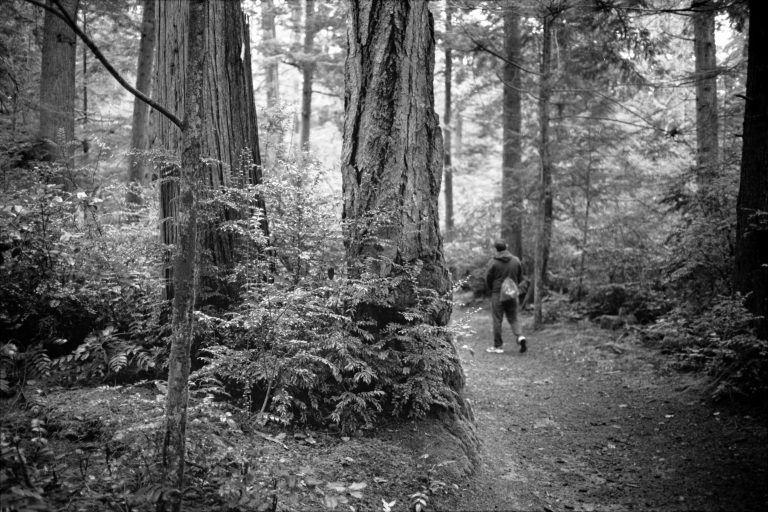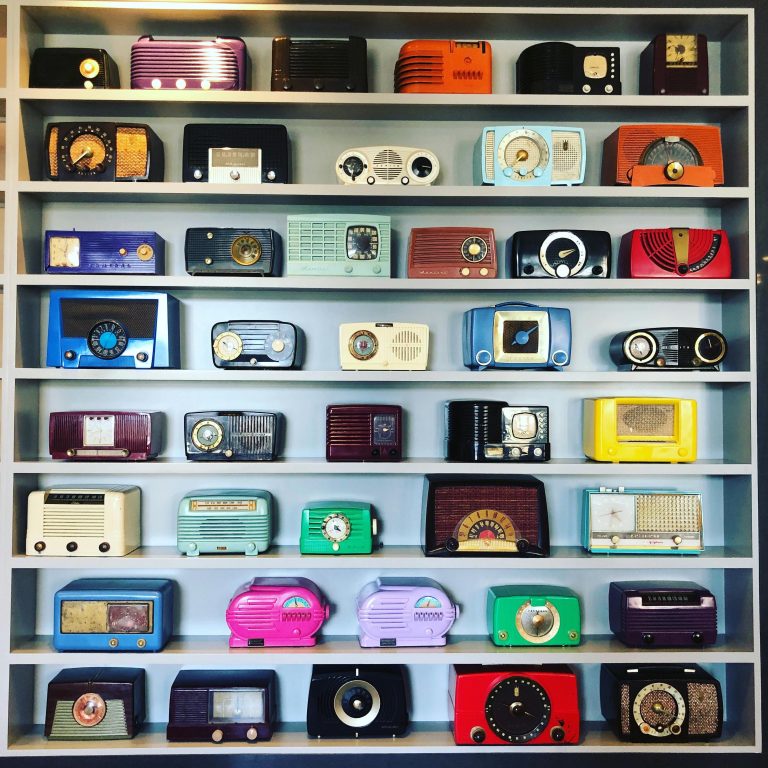Fifteen days ago, I received news that landed like a death sentence. A suite of MRIs that I received after a month-long headache revealed multiple brain lesions consistent with multiple sclerosis. A second opinion and a third opinion agreed.
My fourth opinion came from a top multiple sclerosis specialist here on Oahu. He spent two hours with me and Staci, my partner of 33 years, going through MRI images of my brain. He showed us several white blotches representing lesions in my brain and then a ‘sclera artery’ in a lesion with telltale shape, orientation, and location around a blood supply. He said this is what we look for to identify MS positively, but because we don’t yet have a complete image of my central nervous system, we don’t know if the damage is widespread enough to make a certain diagnosis.
As we talked it became clear that he recognizes MS in me, though there are boxes to tick before he will call it a diagnosis. There are uncommon maladies that cause similar damage and that are present in Latin America, where we’ve lived for the last decade. These possibilities are real, but they’re rare enough that MS-related testing, planning, and lifestyle adjustments are already starting. I’ve been tested for things like Lyme disease and viral meningitis, but we don’t know the results yet. I have three hours scheduled in an MRI machine to map out any other points where my immune system is eating away the casing of my central nervous system.
I asked the doctor what type of multiple sclerosis he thinks it is. Broadly, there are two types of MS: recurring remitting MS (the kind where you always have hope that tomorrow will be better) and primary progressive MS (the kind with relentless and typically more rapid decline). We’d had more than an hour of medical explanations, questions, and matter-of-fact answers. When I asked this, his gaze slid from my face to the floor, and he paused. I knew what was coming. I’d done the reading.
Staci had done the reading too, and as the doctor looked up and answered my question, I felt her recoil. According to the doctor, there’s a new medicine that has been effective for some people with PPMS. On the way home, I drove while Staci googled. Dr. Google told us I have a one-third chance of avoiding cognitive decline and a much smaller chance of maintaining mobility. My life expectancy is fourteen years. Given that prognosis, I’m hoping for ten good years. Staci is hoping for viral meningitis.
It was a hard hit for both of us, but now we’re doing better. There’s a Nina Simone song, “Feeling Good,” that she recorded two years before I was born. She sings the first verse with a reflective, disconsolate voice that speaks to the hard times she’d lived through and the racism, sexism, and homophobia of 1960s America. Her version is great, but I prefer the Muse version, recorded six years after we married. Both have similar arrangements. They start melancholically, then build to a new beginning that explodes so forcefully it could be a different song.
Birds flying high
You know how I feel
Sun in the sky
You know how I feel
Breeze driftin’ on by
You know how I feel
It’s a new dawn
It’s a new day
It’s a new life
For me
And I’m feeling good
Optimism? It’s in my nature, and it’s my decision. I’ve got less time, yes, but I’ve also got more time. I still care about the next presidential election and I still watch TikTok videos when my daughters send them to me, but family, writing, and spending time in the ocean now occupy more of my time and my mind.
I know I’m not on death row. Regardless of my fears, I’m free, and I have years of life ahead of me. Assuming my mind stays whole until the final four years, I’ve got 3,652 days, give or take, to pursue the shit out of something.
In my teens, I dreamed of being a writer. My father told me it was out of my reach and that I was the wrong kind of person to succeed in writing. Though I tried not to, I believed him. After university, I started a couple of small tech businesses, which over 12 years were relatively successful. I made enough money to start a family, and I worked with people I loved, but the work itself was vacuous.
In my mid-thirties, I become a high school teacher. I wanted to do something more meaningful than pursuing dollars through a computer monitor. My wife had become a teacher a few years before, and she was invigorated by her work. Something I remember my father saying when I was in high school became foundational in my teaching. I asked him what he liked about teaching accounting, and he said the subject didn’t really matter to him…he loved teaching. He wanted to help young adults reach their goals and set themselves up for the life they wanted. When he talked about school, he never talked about accounting. He talked about the students he put so much time into.
I didn’t learn much from him as a dad; he focused his time and energy on his students. Still, I wanted to be the kind of teacher he was, but without the cost to my family. International school teaching was perfect for me. I could become one of the teachers I’d loved as a student: passionate about the subject, friendly and compassionate with the students, and engaged in extracurricular life. And since we taught in K-12 schools around the world, our children studied where we taught. We went to school together and saw each other throughout the day. I did not compromise family for work, even though I had the same kind of dedication to my students that my father modeled.
During COVID, when teaching from home gave me more spare time, I started an online master’s degree in Creative Writing and Literature. I reawakened my dream, and though I had time for classes, I didn’t have time to get much done beyond my coursework. I retired from teaching in 2023, and I completed the final approvals for my MA thesis in January 2024. I may walk across a Harvard stage in May, but I received my diploma on the fifth of March, eight days before my first MRI.
I thought I had 25 years after graduation to be a writer, but I’ve got something more like ten. My darker angel beats me down, telling me James Joyce needed eight years to finish Ulysses, and I know I’m no Joyce. My optimistic angel reminds me that William Faulkner wrote As I Lay Dying in 42 days. As a teen, I stood in Dr. Noel Polk’s office at the University of Southern Mississippi and held Faulkner’s beautiful, clean, first-draft manuscript in my cotton-gloved hands. I pull that memory out whenever I hear myself making excuses for my paltry productivity. (Dr. Polk died too young, and without the luxury of a fourteen-year warning.)
I don’t need Faulkner’s fame to fulfill my dreams, nor do I need his Nobel Prize or his wealth. At the end of each day, if I’ve written one outstanding passage, I feel good. If I’ve written a beautiful paragraph—a single paragraph that starts with a promise, follows some sort of arc, and delivers powerfully—I’ll sleep well that night. Even a single, perfect sentence makes me smile.
That’s what it takes for me to be happy about my day’s work, but that joy wears off by the morning, and there’s more work to do. Projecting forward to some night ten years from now, when I finish a writing project and decide not to start another, what will it take to make me happy? I can’t visualize that day, but I think I can say what it will take to feel good about my final chapters.
I’ve stayed in touch with many of my former students, and I’m sure some of them will read this article. I want them to be happy for me and to understand that their foolish, blustery energy as young adults inspired me to pursue my ridiculous childhood dream in my final years. Maybe they learned from behavior I modeled at school, but it’s more important to me that they learn from mistakes I’ve made in my life and my recent, better choices. It took me too long to find meaningful work, and it took me MUCH too long to recognize my mortality and honor my own death by living more purposely and thoughtfully.
I don’t want my children to be troubled by this change in my life. I want them to be happy for me, now and when I’m gone. I want them—and my former students—to see me chasing an unlikely dream, for the purpose it gives my life and for the day-to-day joy of the chase.
- SSW Interview of Our Summertime Sadness 100-Word Story Contest Winner - September 1, 2025
- A Work in Progress: Year One - April 8, 2025
- What I Learned Judging a Flash Fiction Contest - November 14, 2024
Sign up to our newsletter to receive new articles and events.




